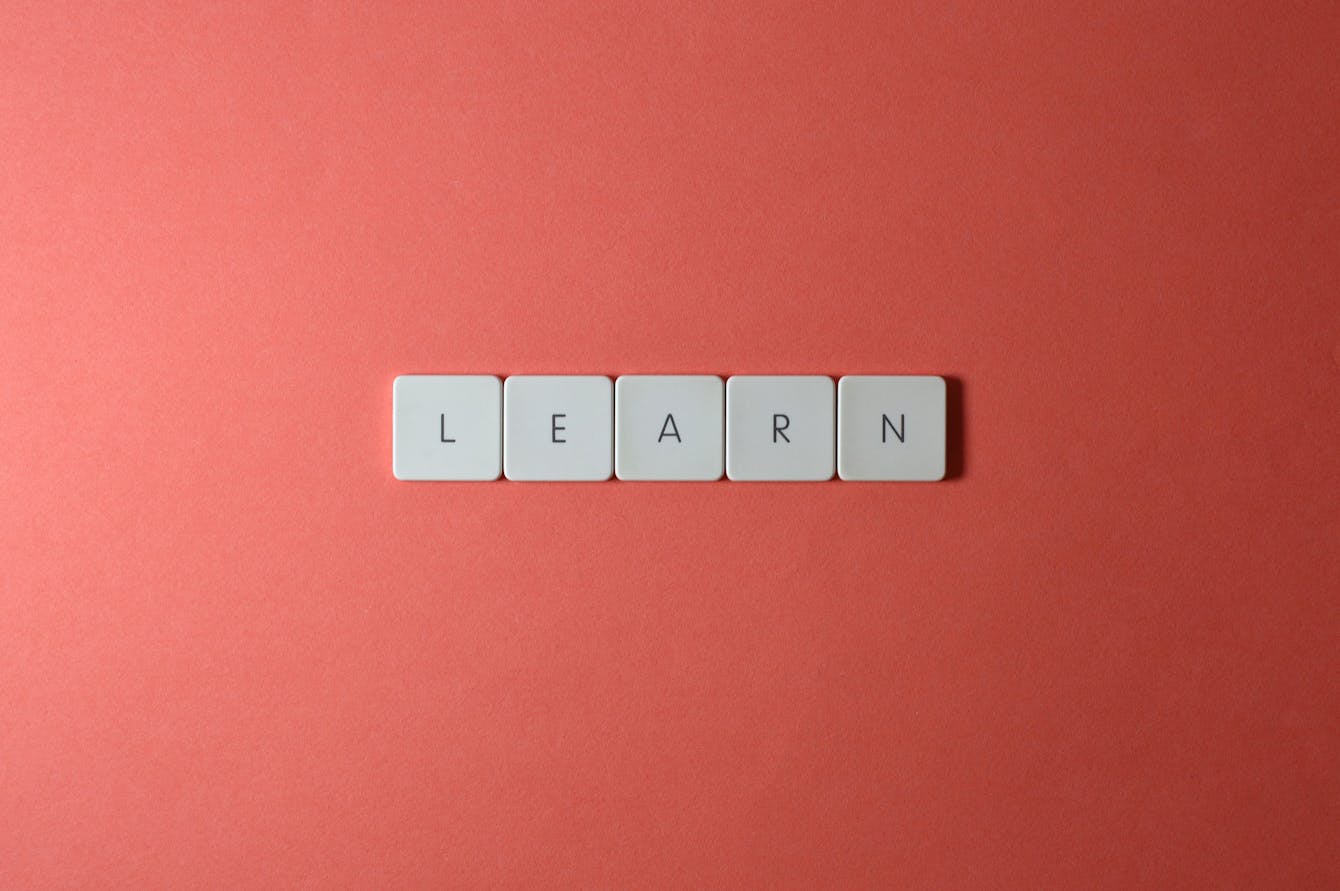
Addiction and physical dependence are distinct phenomena with different implications for treatment and recovery. Addiction involves changes in the brain’s wiring, affecting behaviour and decision-making. On the other hand, physical dependence refers to how the body adapts to and relies on a substance.
Understanding these differences is not just helpful; it’s vital for those grappling with substance-related issues. Proper knowledge empowers individuals, guiding them towards appropriate treatment options and support systems. It’s important to note that while addiction and physical dependence can occur together, they are separate conditions that may require different approaches to manage effectively.
Key Takeaways
- Addiction affects brain wiring, while physical dependence involves bodily reactions.
- Recognising the distinction aids in selecting appropriate treatment methods
- Professional medical advice is crucial for addressing substance-related challenges. Doctors, therapists, and other healthcare professionals play a significant role in the treatment process, providing guidance, support, and monitoring progress.
What Defines Substance Dependence?
Substance dependence involves an uncontrollable urge to use drugs or alcohol despite harmful consequences. It includes a range of genetic, environmental, and psychological factors that contribute to a loss of control over substance use.
Individuals grappling with substance dependence may continue their harmful behaviour even when faced with severe health issues, family problems, or legal troubles. For example, a person addicted to opioids might persist in their use despite having a life-threatening illness that could potentially improve if they quit taking the drug.
Indicators of Substance Dependence:
- Intense cravings and fixation on obtaining substances • Neglect of work, school, or family obligations due to substance use • Increased tolerance, requiring higher doses for the same effect • Withdrawal symptoms when attempting to stop or reduce use
Substance dependence often co-occurs with mental health disorders, a condition known as dual diagnosis. This means that a person may have both a substance use disorder and a mental health disorder. This complicates both the diagnosis and treatment of the addiction, as the two conditions can interact and exacerbate each other.

What is The Meaning of Addiction?
Substance reliance occurs when the body becomes accustomed to a particular drug or chemical. This adaptation can happen even without addiction. For instance, a person taking prescribed medication for anxiety might develop a physical need for the drug without showing addictive behaviours.
Indicators of Physical Dependence:
Physical reliance on a substance can manifest in several ways:
- Withdrawal symptoms: When drug use stops or decreases, the body may react with unpleasant effects.
- Increased tolerance: Over time, more significant amounts of the substance are needed to achieve the same effect.
- Relief-seeking: The substance is used to avoid withdrawal symptoms rather than for enjoyment.
These signs can occur with various substance use disorders, including opioid use disorder. It’s important to note that physical reliance can develop without addiction, as seen in some medical treatments. However, it can increase the risk of overdose, particularly with opioids, if not appropriately managed.
Treating Substance Misuse
Substance misuse treatment involves a range of approaches. These include therapy, medication, and support groups. Changes Addiction Rehab offers programmes that address both the physical and mental aspects of addiction. These are tailored to each person’s needs.
Managing Physical Dependency
Physical dependency treatment involves careful medical oversight. Doctors may gradually reduce the substance dosage or switch to a milder alternative. Supportive care helps ease withdrawal discomfort. Changes Addiction Rehab offers specialised programmes, including inpatient and personalised medical detox options, to address dependency and foster long-term recovery. These approaches aim to safely guide patients through the challenging process of overcoming physical dependency.

Finding Support for Addiction and Dependence
Those struggling with substance issues can benefit from professional guidance, but they are not alone. Specialists at rehabilitation centres offer expert advice and tailored treatment plans. Support groups like Alcoholics Anonymous and Narcotics Anonymous provide valuable peer support, reminding individuals that they are part of a larger community. Aftercare programmes and sober living arrangements help maintain long-term recovery.
To begin the journey towards a healthier life, individuals can contact Changes for an initial consultation.
Common Questions About Addiction Treatment
What stages occur in residential drug rehabilitation?
Residential drug rehabilitation typically involves several key stages:
- Assessment and intake
- Detoxification (if needed)
- Therapy and counselling
- Skills training
- Aftercare planning
The process usually begins with thoroughly evaluating the patient’s condition, followed by medically supervised detox if necessary. The bulk of treatment involves individual and group therapy sessions. Patients also learn coping skills and relapse-prevention techniques. The aftercare planning involves creating a comprehensive plan that may include continued therapy, support group participation, and regular check-ins to ensure the patient’s recovery.
How can one spot signs of drug dependency?
Common signs of drug dependency include:
- Needing larger amounts to get the same effect
- Experiencing withdrawal symptoms when not using
- Neglecting responsibilities at work or home
- Continuing use despite negative consequences
- Spending significant time obtaining, using, or recovering from the drug
Physical changes, such as sudden weight loss or gain, may also occur. Behavioural changes, such as mood swings, secretive behaviour, or financial problems, can also be red flags.

Which methods work best for treating alcohol misuse?
Practical approaches for treating alcohol misuse include:
- Cognitive-behavioural therapy
- Motivational enhancement therapy
- 12-step facilitation therapy
- Medications like naltrexone or acamprosate
- Support groups like Alcoholics Anonymous
A combination of these methods often yields the best results. Treatment should be tailored to the individual’s needs and may involve outpatient and inpatient care.
How do recovery programmes vary for different drug addictions?
Recovery programmes differ based on the type of drug addiction in several ways:
| Aspect | Opioid Addiction | Stimulant Addiction | Alcohol Addiction |
| Detox | Often requires medication-assisted treatment | Usually doesn’t require medication | May require medical supervision |
| Therapy Focus | Pain management, trauma | Dopamine regulation, impulse control | Stress management, coping skills |
| Medication | Methadone, buprenorphine | No FDA-approved medications | Naltrexone, acamprosate |
| Duration | Often longer-term | Can be shorter-term | Varies widely |
Programmes also consider factors like co-occurring mental health issues and the individual’s personal circumstances.
What evidence-based therapies do drug abuse treatment centres use?
Drug abuse treatment centres employ various evidence-based therapies, including:
- Cognitive-behavioural therapy (CBT)
- Dialectical behaviour therapy (DBT)
- Motivational interviewing
- Contingency management
- Family therapy
- Mindfulness-based relapse prevention
These therapies aim to change harmful thought patterns, improve coping skills, and address underlying issues contributing to addiction.
How does one find help for a family member battling alcohol and drug addiction?
To find help for a relative struggling with addiction:
- Consult their GP for an initial assessment and referral
- Contact us at Changes Addiction Rehab
- Reach out to national helplines for guidance
- Look into private rehab facilities if finances allow
- Attend support groups like Al-Anon for family members
Encouraging the person to seek professional help while caring for your well-being during this challenging time is crucial.






